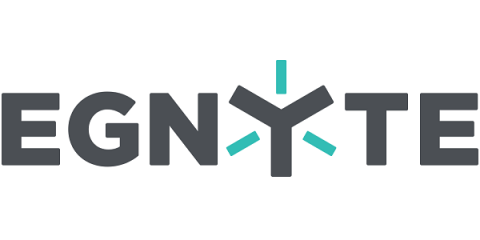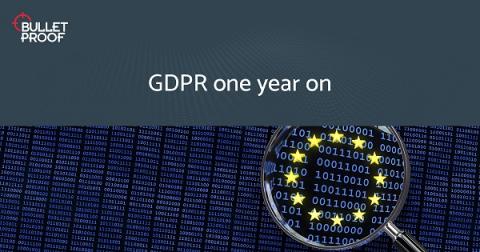Countdown to CCPA: Steps to Start Getting Your Content in Compliance
The California Consumer Protection Act (CCPA), set to go into effect in January 2020, will have a big impact on companies that do business in California or collect the personal information of California citizens. Driven by growing public demand for privacy, CCPA is the latest in a line of regulations that gives individuals greater control over how their personal data can be collected, stored, purchased, or shared by private companies. Wondering what CCPA means for your business?






